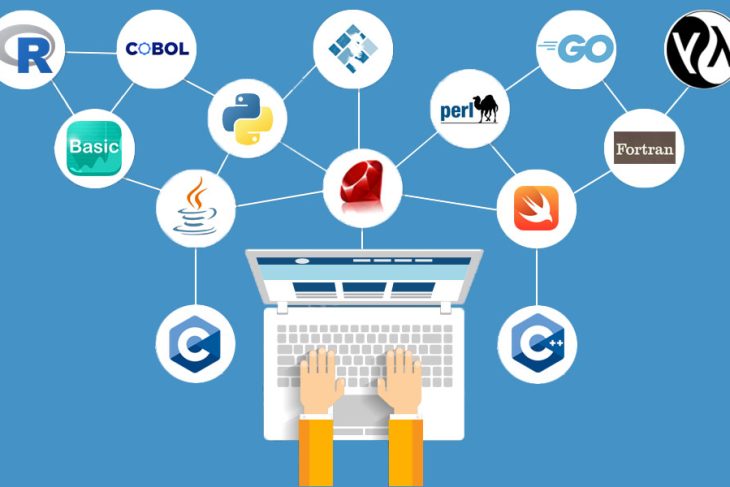

Choosing the right bank is a critical decision for startups, as it can have a significant impact on their financial operations and growth potential. Startups require a banking partner that understands their unique needs, offers tailored solutions, and provides reliable support. In this article, we will explore the key factors that entrepreneurs should consider when selecting a bank for their startup, helping them make an informed decision that aligns with their business objectives.
- Understanding Your Startup’s Financial Needs: Before choosing a bank, startups should evaluate their specific financial requirements. Consider factors such as the volume and frequency of transactions, the need for business loans or lines of credit, international banking capabilities, and access to advanced digital tools. Understanding these needs will help in identifying a bank that offers the right mix of services and solutions.
- Banking Fees and Charges: Startup founders should carefully review the fee structures of potential banks. Different banks have varying fee schedules for services like business account maintenance, wire transfers, overdraft protection, and cash handling. It is important to compare these fees and charges to ensure they align with the startup’s financial capabilities and anticipated transaction volumes.
- Technology and Digital Banking Solutions: In today’s digital age, startups require banking partners that offer advanced technology and digital banking solutions. Look for banks that provide user-friendly online and mobile banking platforms, allowing easy access to account information, transaction history, and the ability to initiate payments or transfers conveniently. Additionally, consider the availability of features such as mobile check deposits, automated accounting integration, and real-time transaction notifications.
- Access to Financing: Startups often require access to capital for growth and expansion. When evaluating banks, consider their track record in providing business loans, lines of credit, or other financing options. Look for banks that have experience working with startups and understand their unique financial challenges. Assess their willingness to provide funding and their criteria for loan approval.
- Relationship Management and Customer Service: Establishing a strong relationship with a bank can be invaluable for startups. Look for a bank that assigns a dedicated relationship manager or small business specialist who can provide personalized support and guidance. Evaluate the bank’s reputation for customer service, responsiveness, and accessibility. A proactive and supportive banking relationship can be crucial during critical business moments or when navigating financial challenges.
- Network and Partnerships: Consider the bank’s network and partnerships. Some banks have extensive networks that can connect startups with potential investors, mentors, or industry experts. Look for banks that offer value-added services such as educational workshops, networking events, or access to business resources. A bank that actively supports the startup ecosystem can provide valuable connections and opportunities for growth.
Conclusion: Choosing the right bank is a strategic decision for startups. By considering factors such as financial needs, banking fees, technology solutions, access to financing, relationship management, and network, entrepreneurs can identify a banking partner that aligns with their business goals. It is advisable to conduct thorough research, compare offerings from different banks, and even seek recommendations from other entrepreneurs or industry professionals. Ultimately, a strong banking relationship can contribute to the financial stability and success of a startup.



















